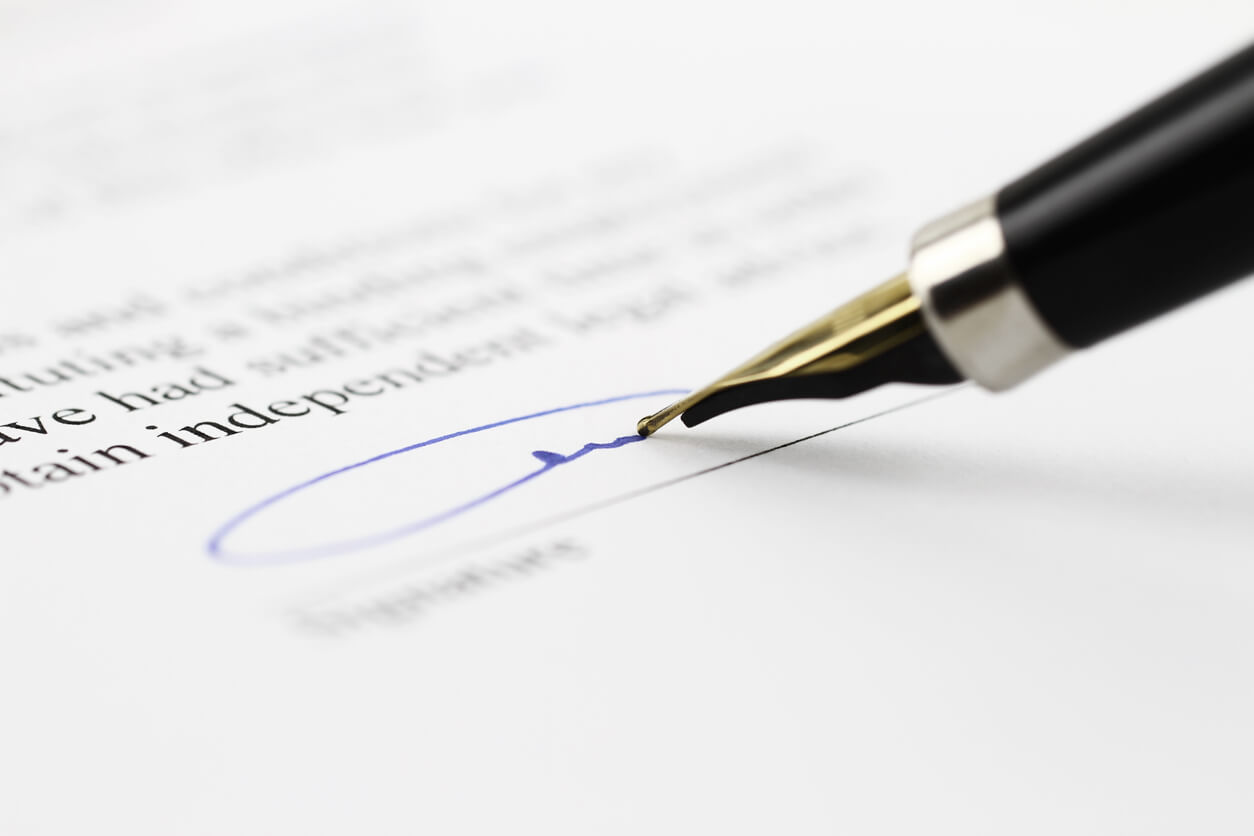Plea deals are fairly common in resolving a criminal case. In fact, it may even be claimed that the judicial system has come to depend on plea deals to help manage caseloads and reduce the number of cases that go to trial. The time and expense saved when a plea deal is made helps to alleviate the strain on the criminal justice system. The benefits of a plea deal are not, however, just enjoyed by the judicial system, but may also be enjoyed by the criminal defendants who enter into such agreements. Accepting a plea deal can have significant benefits. There are, however, potential disadvantages that should be considered as well.
The Pros and Cons of Accepting a Plea Deal
Two of the main reasons that a defendant may accept a plea deal is the lighter sentence and/or a reduced charge. A plea deal is often accepted because the prosecutor offers the defendant a lighter sentence for a crime. This can mean the defendant spends less time or no time incarcerated which may not have been the case had a criminal conviction occurred at trial.
Prosecutors will also often offer reduced criminal charges in negotiating a plea deal. A defendant facing a felony charge may see that charge bumped down to a misdemeanor in a plea deal. Having a reduced criminal charge could have important impacts. A lower charge usually means a reduced sentence. It can also mean a person who may have been a convicted felon and therefore facing a loss of certain civil rights will not have to suffer those consequences. Additionally, the reduced charge may be eligible to be sealed from a criminal record where the heightened charge may not have been.
Should the defendant retain private counsel for the criminal case, accepting a plea deal can also save money. Without needing an attorney to represent him or her at trial, the case ends much more quickly. This will save time and money when a private attorney, as opposed to a public defender, has been retained.
There is another benefit of accepting a plea deal that should not be discounted. Accepting a plea deal means that your case has been resolved. The uncertainty, fear, and anxiety that can come with awaiting trial can be severe. Accepting a plea deal and having it all over can be a relief, to say the least.
Accepting a plea deal, however, does not necessarily come without potential disadvantages. For instance, you will not have your day in court to undermine the prosecution’s case. For all the weaknesses the prosecution may have in its case, it will not matter because the case will be over before these weaknesses are exposed. The weaknesses of the prosecution’s case may have meant that you would not have been convicted should the case have gone to trial. This brings us to the next disadvantage of accepting a plea deal.
Accepting a plea deal means you have no chance at a “not guilty.” A plea deal means you are agreeing to plead guilty to a crime in exchange for leniency. This can be a difficult reality to face, particularly if you did not, in fact, commit the crime alleged.
The reality that you will be pleading guilty to a crime also means that this will go on your criminal record. It is possible that it will remain on your record for life. Depending on the nature of the charge, it may not be eligible to be expunged and that means it will follow you around indefinitely.
Criminal Defense Attorneys
Accepting or rejecting a plea deal has serious implications for a criminal defendant. Discuss your options with the knowledgeable criminal defense attorneys at CDH Law. Contact us today. We are here for you.



